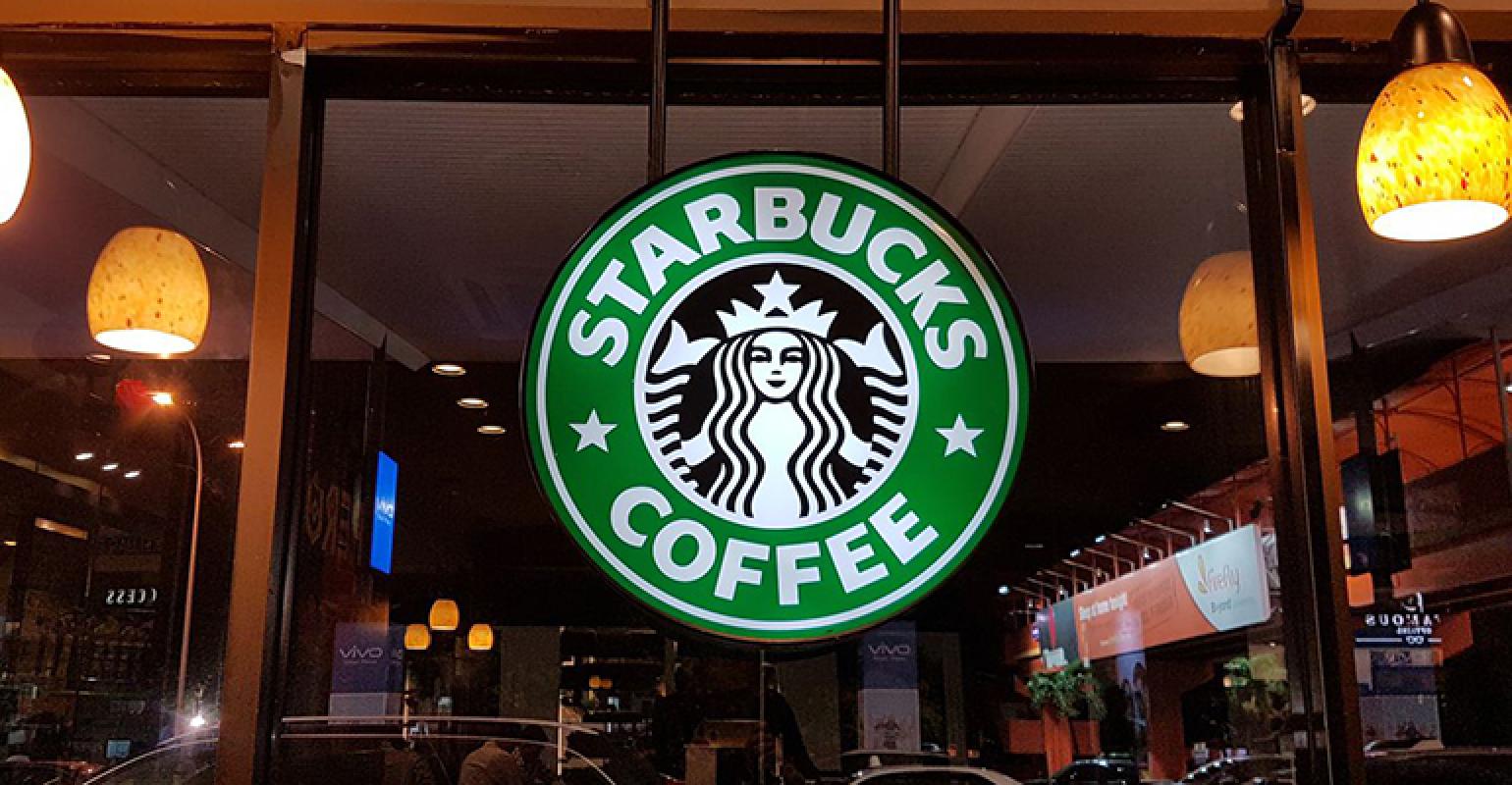Newsmatro

In the wake of George Floyd’s tragic murder and as part of a broader commitment to promoting diversity, Starbucks, the nation’s largest coffee brand, vowed to enhance representation across its corporate workforce and retail positions. However, recent demographic reports reveal that there is still a significant amount of progress to be made in achieving these goals by 2025.
Insufficient Representation and Barriers to Advancement:
Despite Starbucks’ aspirations, their own data reveals a glaring lack of diversity within their workforce. From 2020 to 2022, there were no notable changes in the number of black baristas and shift supervisors, with just a marginal improvement for store managers. Regional Vice Presidents, occupying the highest retail positions, experienced a meager one-point increase. These statistics highlight the urgent need for addressing the issue of racial representation within the company.
Uneven Opportunities Across the Industry:
The coffee industry has a long history intertwined with racism, dating back to the establishment of coffee plantations in the 18th Century, which heavily relied on slave labor. Unfortunately, the industry continues to face challenges concerning racial diversity, as a majority of coffee production is still carried out by low-income individuals of color around the world.
The coffee business in the United States is disproportionately homogeneous, lacking representation from people of color. Phyllis Johnson, the founder of the Coffee Coalition for Racial Equity, emphasizes that the nation’s consuming population fails to witness the complete picture of what coffee truly represents due to limited opportunities, resulting in gatekeeping practices.
Diversity Statistics and Disparity:
According to diversity statistics required by all federal contractors, Starbucks and Caribou Coffee had worker demographics that closely mirrored the rest of the country in recent years. However, a deeper analysis revealed that, for every black Starbucks employee in 2021, there were six white employees. Similarly, Caribou Coffee maintained the same one-to-six ratio of black to white employees in 2020. Peet’s Coffee, headquartered in the multicultural San Francisco Bay area, faced even greater diversity disparities, employing eight white workers for every one black employee in 2019.
Peet’s Coffee, despite employing individuals from racial minorities in roughly half of their total workforce, still falls short of matching the demographic makeup of the diverse Alameda County, where their corporate offices are situated.

Commitment Towards Change:
Starbucks remains committed to achieving its 2025 diversity goals and assures the publication of annual updates. Danielle Winslow, social impact communications manager for the company, highlights that their employees, called “partners,” are at the core of their values, emphasizing the creation of opportunities for minority partners. However, Caribou Coffee did not respond to requests for comment, leaving their commitment to diversity unknown.
Calls for Change and the Color of Coffee Collective:
Keith Hawkins, a Black veteran of the U.S. Army, and founder of the Color of Coffee Collective, stands at the forefront of efforts towards combating diversity and equity issues in specialty coffee. Hawkins recounts his firsthand experience of being repeatedly passed over for promotions at Starbucks, witnessing less-experienced white colleagues being prioritized. He alleges that these companies prefer certain individuals, specifically blond-haired and blue-eyed white men, to represent them in negotiation spaces, irrespective of qualifications or industry knowledge.
Personal Experiences and the Struggle for Promotion:
A Starbucks barista named Sunny, who has worked across multiple locations in Texas for the past decade, expresses her disappointment in the lack of progress she has witnessed. Despite initial promises of strong internal promotion culture, Sunny’s aspirations of becoming a shift supervisor or store manager have consistently been thwarted, forcing her to abandon her career growth ambitions within the company.